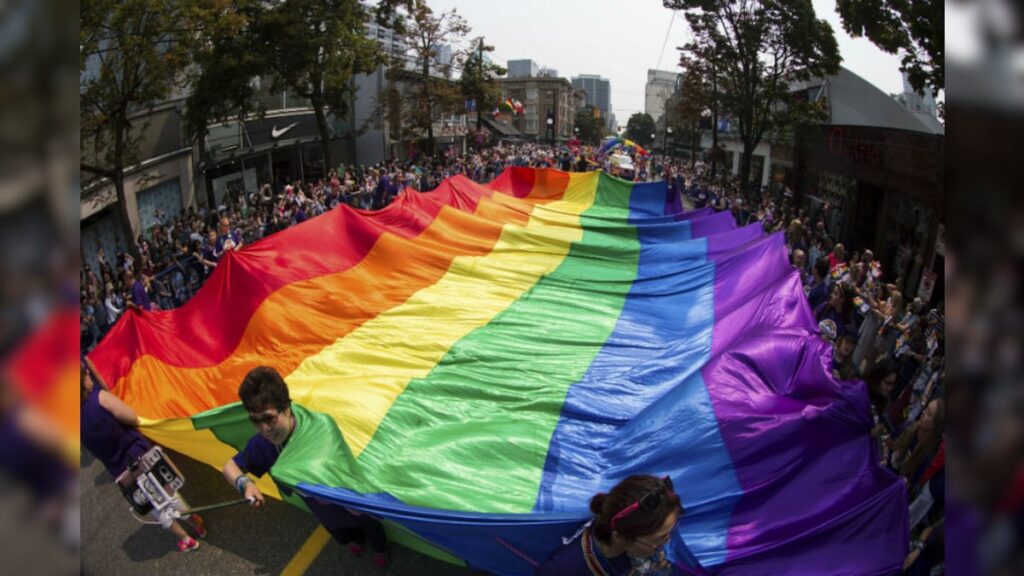Jahanvi Agarwal
In a historic decision on October 17, 2023, the Supreme Court made a pivotal judgment regarding recognizing queer unions in India. While it refrained from granting legal status to queer marriages, it opened the doors to significant progress and set the stage for positive change.
A five-judge bench, led by the Chief Justice of India DY Chandrachud, and including Justices Sanjay Kishan Kaul, S Ravindra Bhat, Hima Kohli, and PS Narasimha, heard the case, which had been a subject of intense debate and anticipation since April 18, 2023.
CJI Chandrachud expressed a fundamental belief in the freedom of queer couples to seek recognition of their unions, asserting that this freedom is enshrined in the Constitution. However, he recognized certain “institutional limitations” that prevented the court from altering or amending the Special Marriage Act. As a compromise, he acknowledged the Union Government’s commitment to forming a committee to explore the rights and entitlements of individuals in queer unions.
Furthermore, the CJI emphasized the rights of transgender persons in heterosexual relationships to marry under existing laws, including personal laws. He also underscored the right of unmarried couples to adopt a child, including queer couples jointly. In doing so, he found that certain regulations, such as Regulation 5(3) of the CARA Regulations, were in violation of Article 15 of the Constitution.
Justice Kaul echoed the CJI’s sentiments regarding the recognition of queer unions, emphasizing the importance of acknowledging these unions to foster love and partnership. He went on to highlight the discriminatory aspects of the Special Marriage Act, albeit recognizing the limitations on the court in amending it.
Justice Bhat took a slightly different stance, asserting that an entitlement to civil union must be established through enacted law. Nevertheless, he aligned with the commitment made by the Solicitor General to establish a High-Powered Committee to explore the rights and benefits of queer couples.
In her concurrence with Justice Bhat, Justice Hima Kohli underscored the need for legislative frameworks to address the complexities of queer unions.
Justice PS Narasimha, while agreeing with Justice Bhat, asserted that marriage is a statutory or customary right and not an unqualified fundamental right. Recognizing the nuances of the issue, he contended that it wouldn’t be constitutionally permissible to equate a civil union with marriage. He also supported the view that CARA Regulations were not unconstitutional and emphasized the importance of reviewing legislative schemes to include queer couples in benefits like pension, PF, gratuity, and insurance.
This landmark judgment reflects a significant step forward in the recognition and understanding of queer unions in India, laying the foundation for a more inclusive and equitable future. While the legal landscape may not have changed overnight, the commitment to exploring and safeguarding the rights of queer couples is a testament to progress and a brighter tomorrow.
He stated that:
“A review of the impact of the legislative framework in this case requires deliberative exercise and for the same, the legislature entrusted to do so constitutionally.”
Case Name: Supriyo v. Union of India
Diary Number: 1011/2022
Bench: CJI DY Chandrachud & including J. Sanjay Kishan Kaul, S Ravindra Bhat, Hima Kohli, and PS Narasimha

